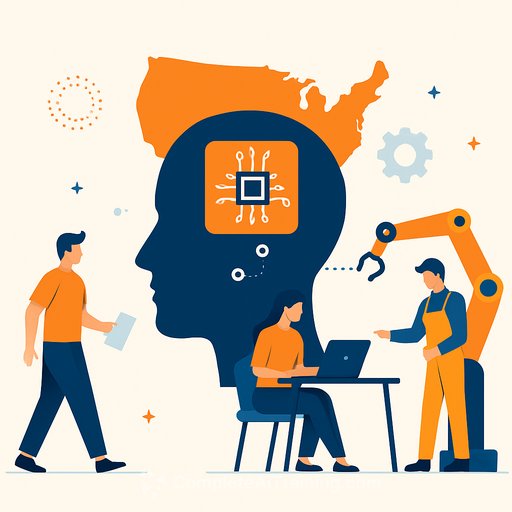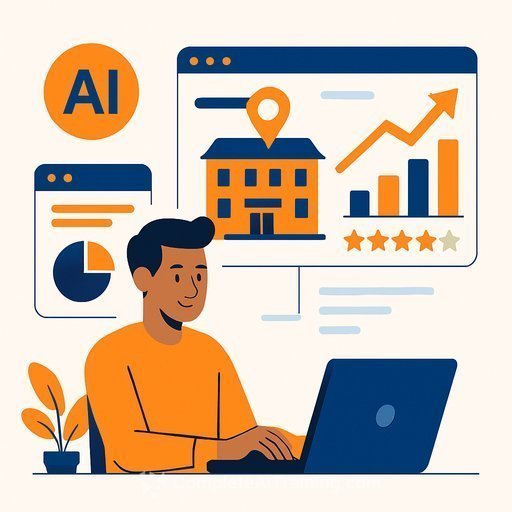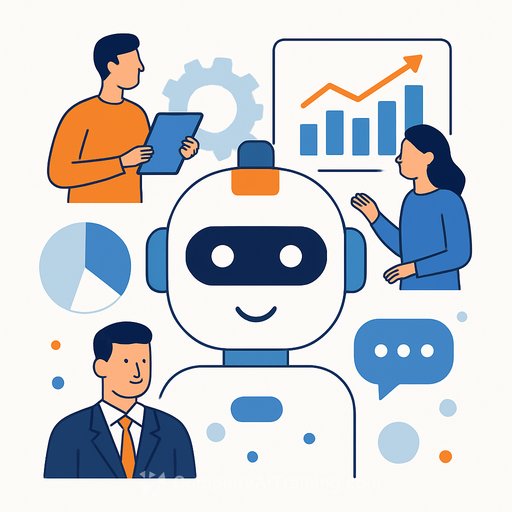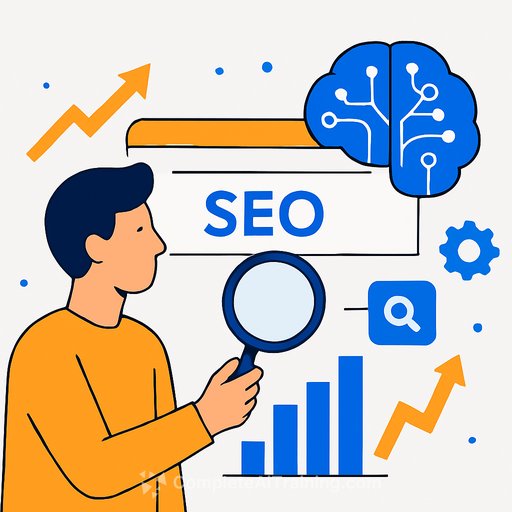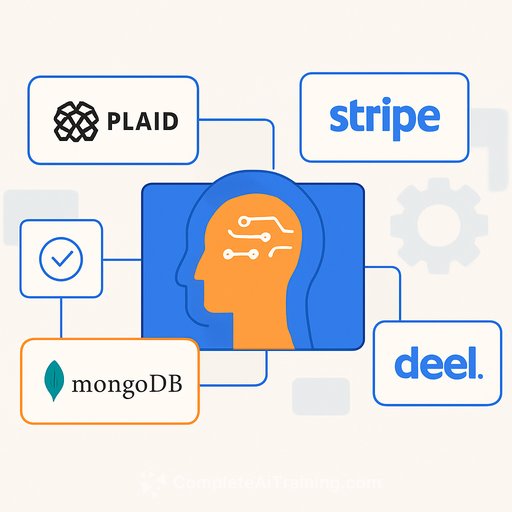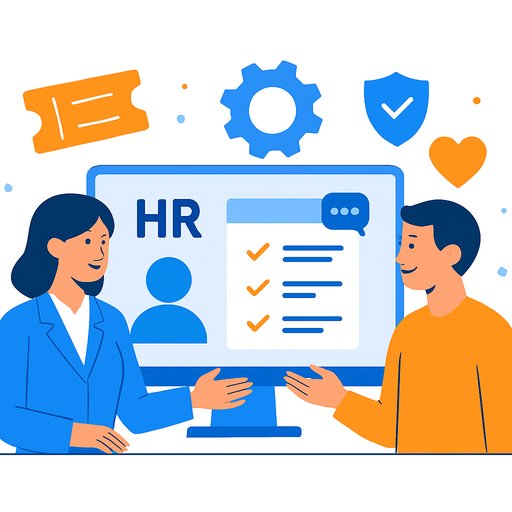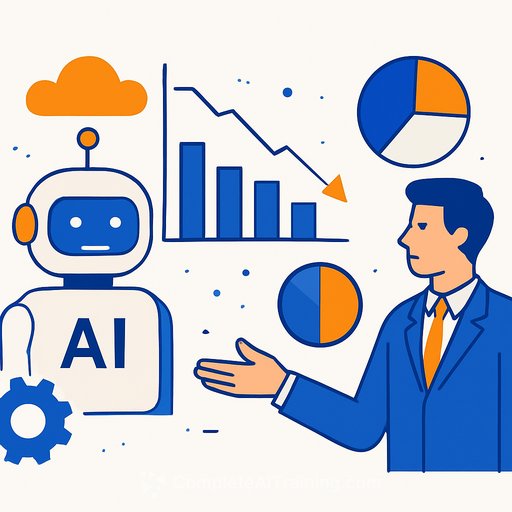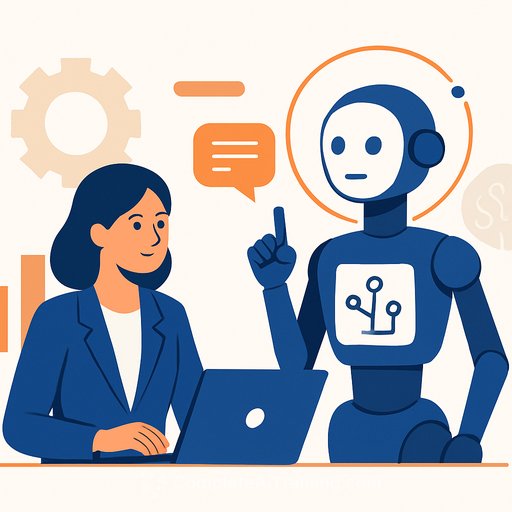AI Reshaping the US Labour Market
Artificial intelligence (AI) is changing how work gets done across the US. As companies adopt AI tools, the types of jobs and the skills needed are shifting. This transformation affects hiring, training, and workforce planning, especially for HR and marketing professionals.
Job Displacement and Creation
AI can automate routine tasks, which may reduce demand in some roles. However, it also opens new job opportunities, particularly in AI development, management, and monitoring. The challenge lies in helping employees move from roles at risk to emerging positions that require new skill sets.
Skills Gap
The speed at which AI is being adopted has exposed a skills gap. Many workers lack the training needed for technology-focused roles. Companies must invest in upskilling and reskilling programs to prepare their teams for these changes. For those looking to develop AI-related skills, resources such as Complete AI Training’s latest courses offer practical options.
Economic Implications
AI boosts productivity and efficiency, which can drive economic growth. Yet, concerns about income inequality and job security remain. Policymakers and business leaders should work together to ensure benefits are shared fairly across the workforce.
Future Outlook
The future of work will likely involve collaboration between humans and AI systems. Businesses, workers, and governments need to take proactive steps to foster innovation while safeguarding workers’ rights and livelihoods. Effective education and training, combined with thoughtful policies, will be essential in this process.
In short, AI is reshaping the US labour market in ways that bring both challenges and opportunities. Supporting employees through education and clear strategies will be key to adapting successfully.
Your membership also unlocks:

